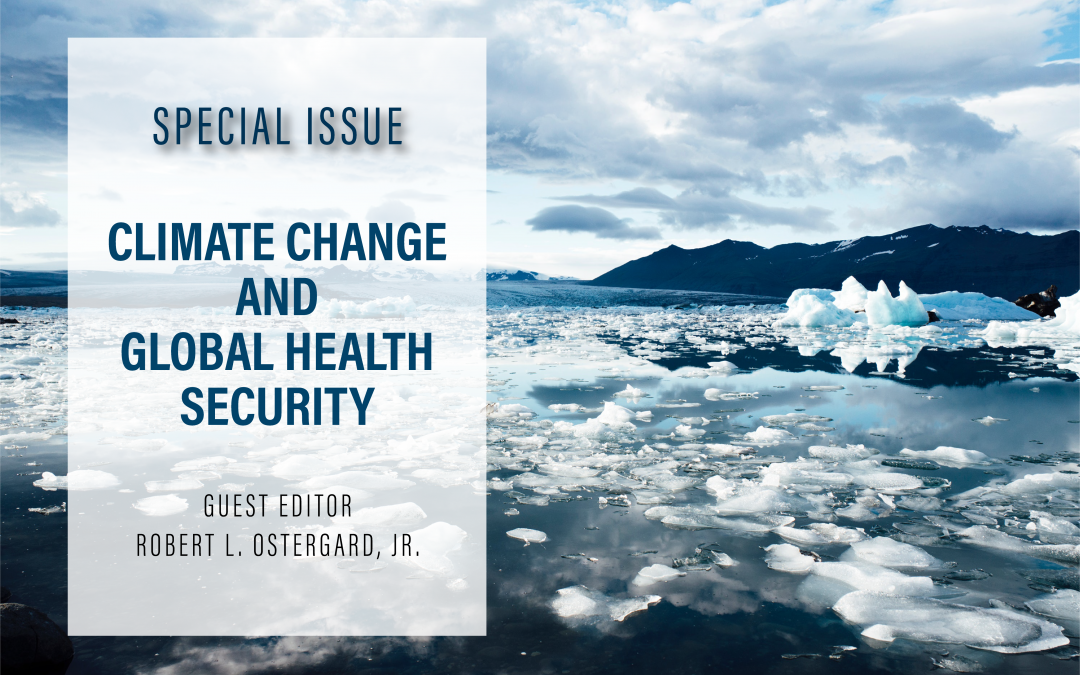By Daniel Gilfillan
Globally, negative climate change impacts on public health are addressed using a variety of managerial approaches. In donor-funded initiatives, project-based approaches dominate, however an emerging literature questions the effectiveness of the classical project management (CPM) style for complex project environments. Building on this emerging literature, two climate change and health interventions in Southeast Asia are analysed from CPM and rethinking project management (RPM) perspectives. The CPM approach supports better monitoring and reporting, while the RPM approach achieves higher levels of perceived legitimacy, which can foster long-term change. Because of the complexities around both public health and climate change, RPM approaches are particularly relevant. RPM helps to deal with uncertainty and a multiplicity of stakeholders, and better supports long-term sustainability of project outputs and outcomes.

